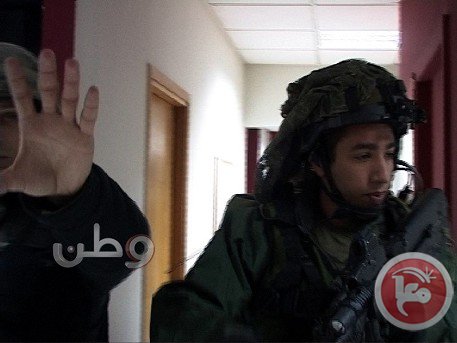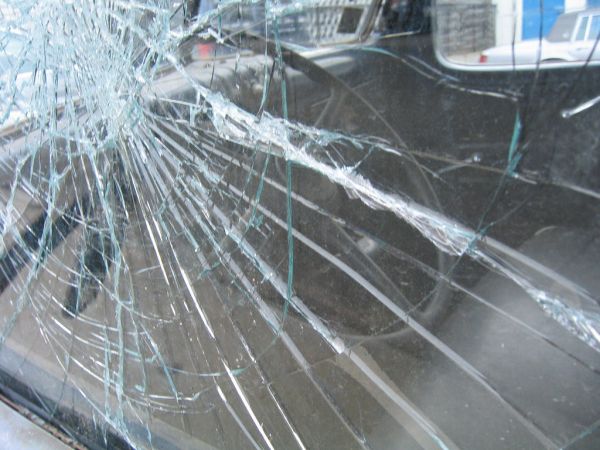Tag: Ramallah
-
Israel raids Ramallah TV stations
29 February 2012 | Ma’an News Israeli forces raided two Palestinian television networks early Wednesday in Ramallah and briefly detained four employees, journalists said.Soldiers confiscated computers used by editors and reporters in Watan TV’s newsroom and general offices as well as administrative and financial files, the network said. Troops also raided Al-Quds Educational TV in…
-
61 year old released from hospital after Yitzhar settler attack
by Fransisco Reeves 15 February 2012 | International Solidarity Movement, West Bank Following her horrific ordeal of having her family’s vehicle attacked by Zionist settlers in early February, Maysar Abd Al Majeed Ghanem is finally healthy enough to return to home. The attack resulted in Ghanem spending 36 hours in the Intensive Care Unit and…
-
61 year old Palestinian woman in intensive care after settler attack
by Fransisco Reeves 3 February 2012 | International Solidarity Movement, West Bank When your land is occupied by those who harbor hatred towards you emanating from a belief that they are inherently superior to you, each day brings with it a genuine threat to the security of your life and the lives of your loved…


